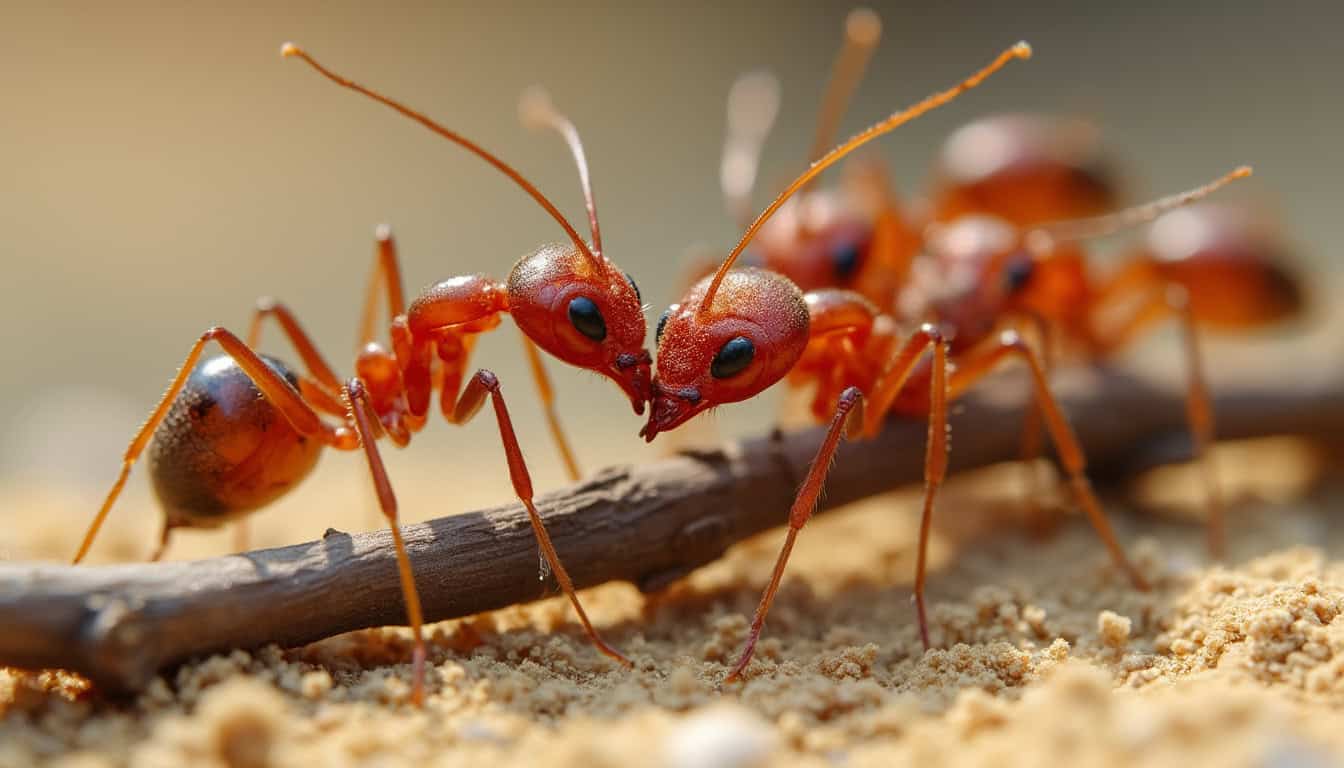Ecological Influence of Insect Control: Balancing Effectiveness With Sustainability
The ecological impact of pest control is an important concern that requires a delicate balance between achieving efficiency in managing bugs and guaranteeing sustainability of our ecological communities. From the usage of dangerous chemicals that seep into our soil and water to the unplanned repercussions on non-target types, the repercussions of standard bug control techniques are far-reaching.
Harmful Chemicals in Bug Control
The utilization of hazardous chemicals in bug control poses significant environmental and health and wellness threats that require careful consideration and mitigation methods. Pesticides, herbicides, and chemicals are typically utilized to eradicate pests, but their prevalent application can cause unexpected repercussions. These chemicals can pollute dirt, water sources, and the air, influencing not just the targeted bugs but also advantageous pests, wild animals, and humans.

To resolve these risks, integrated bug monitoring (IPM) techniques are being advertised as a more lasting option. IPM entails a mix of approaches such as biological control, environment manipulation, and the targeted use pesticides as a last hope (ant control kingsmountain nc). By adopting a holistic technique to pest control, we can minimize the environmental and wellness effects connected with damaging chemicals while successfully managing pest populations
Effect on Non-Target Types
Thinking about the unplanned repercussions of parasite control approaches, the influence on non-target species is a critical aspect that requires comprehensive analysis. While parasite control steps aim to target details pests, various other microorganisms in the environment might be accidentally affected. Non-target species, including beneficial pests, birds, mammals, and even plants, can endure indirect or direct damage from chemical applications or biological control techniques.
Pesticides can have lethal or sub-lethal impacts on non-target species. Insecticides made to fight a specific bug parasite may hurt pollinators like or all-natural killers such as ladybugs. In addition, chemical deposits can gather in the environment, influencing non-target microorganisms in time. In a similar way, organic control agents, if not species-specific, can position threats to unintended targets, disrupting the eco-friendly balance.
To alleviate the influence on non-target types, incorporated insect management (IPM) techniques that highlight a holistic technique to pest control are suggested. These methods focus on using eco-friendly practices, lessening damage to advantageous organisms while efficiently taking care of pest populaces. Conducting comprehensive threat evaluations and keeping an eye on the end results of bug control initiatives are vital action in securing non-target types and advertising general ecosystem wellness.
Soil and Water Contamination
Unintended environmental consequences of parasite control approaches extend beyond impacting non-target varieties, with substantial ramifications for soil and water contamination. Pesticides, herbicides, and chemical fertilizers used in pest control can leach into the dirt and infect groundwater, presenting a hazard to both terrestrial and aquatic environments. Soil contamination can interfere with the balance of microorganisms essential for nutrient biking and plant development, causing decreased soil fertility and productivity. These chemicals can continue in the environment for prolonged periods, collecting in the soil and possibly going into the food chain.
Water contamination is one more important problem connected with insect control practices. To reduce soil and water contamination from insect control tasks, incorporated pest management approaches that focus on sustainability and lessen chemical inputs are important.
Air Contamination From Chemical Use
Direct exposure to air-borne pesticides during farming applications presents a considerable worry for air contamination control procedures. When pesticides are sprayed onto plants, they can volatilize into the air and kind unpredictable natural compounds (VOCs) and other air-borne toxins. These chemicals can add to the development of ground-level ozone, a major element of smoke that can have detrimental results on human health and wellness, plant productivity, and total air high quality. Additionally, chemical drift, where chemicals are carried by the wind to unplanned locations, can result in the contamination of nearby communities and water bodies.

Methods for Lasting Bug Control
In the realm of farming techniques, applying sustainable parasite control approaches is critical for preserving environmental equilibrium and safeguarding crop returns. Lasting parasite control emphasizes the usage of eco-friendly methods to take care of pest populations successfully while reducing damage to non-target organisms and ecological communities. Integrated Bug Administration (IPM) is an extensively taken on method that integrates organic, cultural, physical, and chemical control approaches to achieve long-lasting pest management solutions.
One secret approach in sustainable insect control is advertising biodiversity within agroecosystems. By boosting all-natural opponents of bugs, such as parasitoids and predators, farmers can decrease the requirement for synthetic chemicals. Crop rotation and diversification are also effective methods to interrupt pest life process and develop much less positive problems for bugs to prosper. In addition, using pest-resistant crop selections and employing techniques like catch chopping can help in reducing parasite pressure without depending greatly on chemical treatments. Eventually, by integrating these sustainable insect control methods, farmers can attain an equilibrium between pest monitoring performance and environmental stewardship.
Conclusion
Finally, the ecological effect of pest control techniques should be thoroughly thought about to balance performance with sustainability. Dangerous chemicals made use of in bug control can result in soil and water contamination, air pollution, and injury non-target types - ant control services. It is critical to implement lasting insect control strategies to decrease these unfavorable results on the environment and promote a much healthier ecosystem for future generations
By embracing an all natural approach to pest control, we can learn the facts here now minimize the environmental and health and wellness effects associated with harmful chemicals while successfully managing pest populaces.

To minimize the air pollution triggered by chemical usage, it is crucial to embrace incorporated pest management techniques that prioritize the usage of non-chemical bug control techniques, such as plant rotation, all-natural killers, and immune crop selections. Lasting parasite control stresses the use of ecologically friendly techniques to handle parasite populaces properly while minimizing damage to non-target organisms and environments. Integrated Pest Management (IPM) is a widely adopted strategy that incorporates organic, cultural, physical, and chemical control techniques to achieve long-lasting insect management remedies.